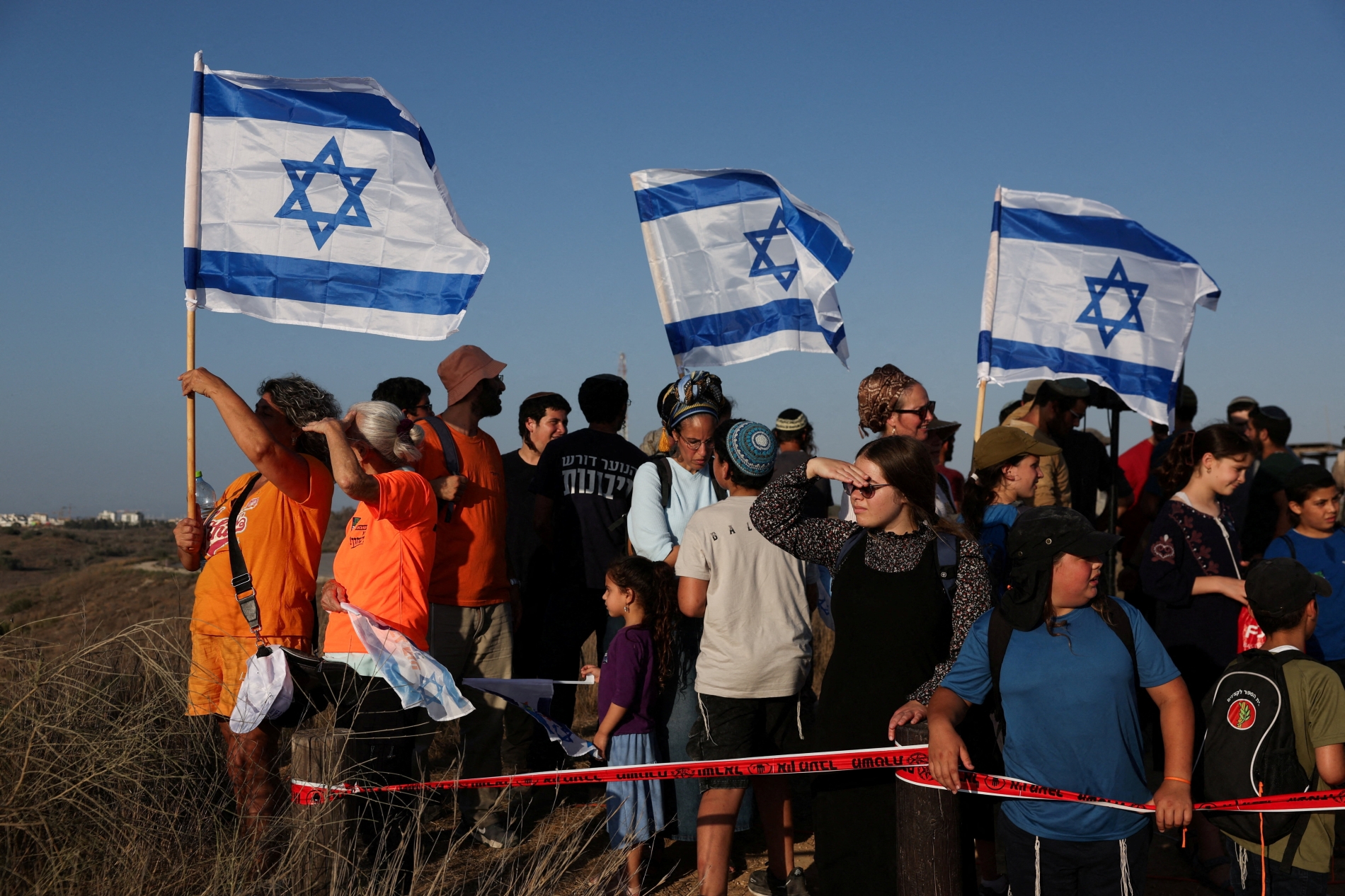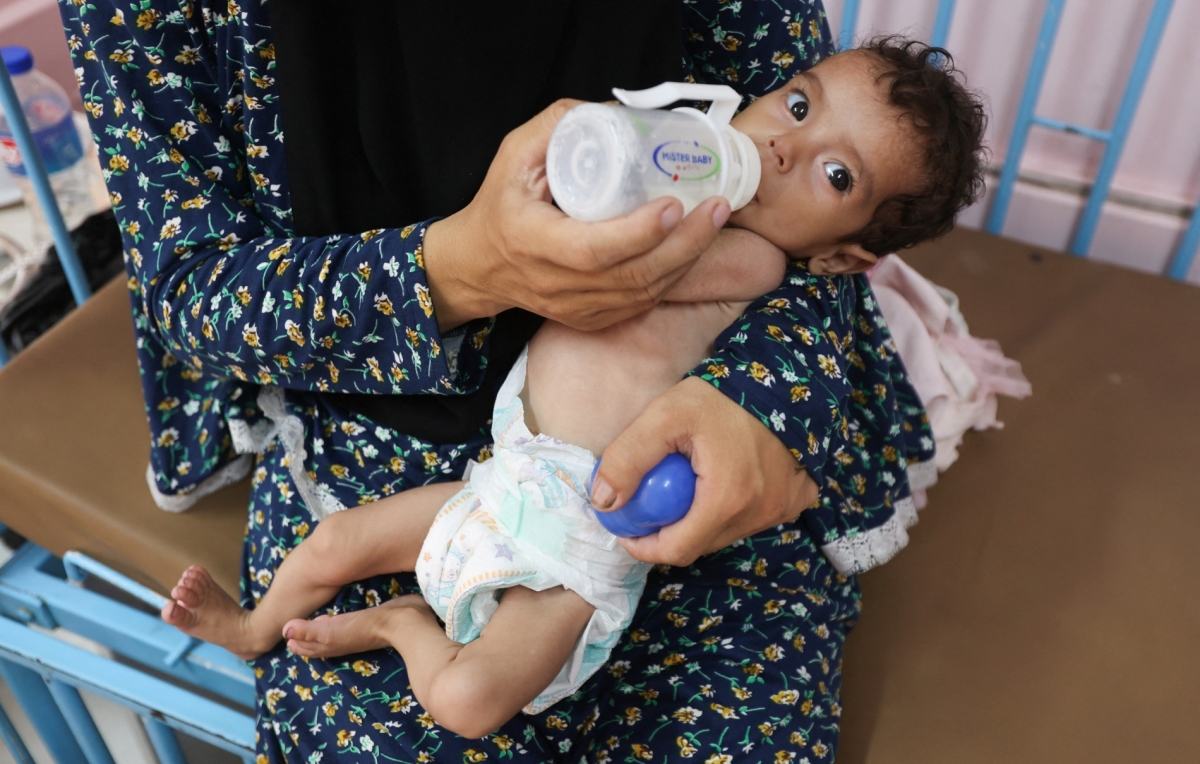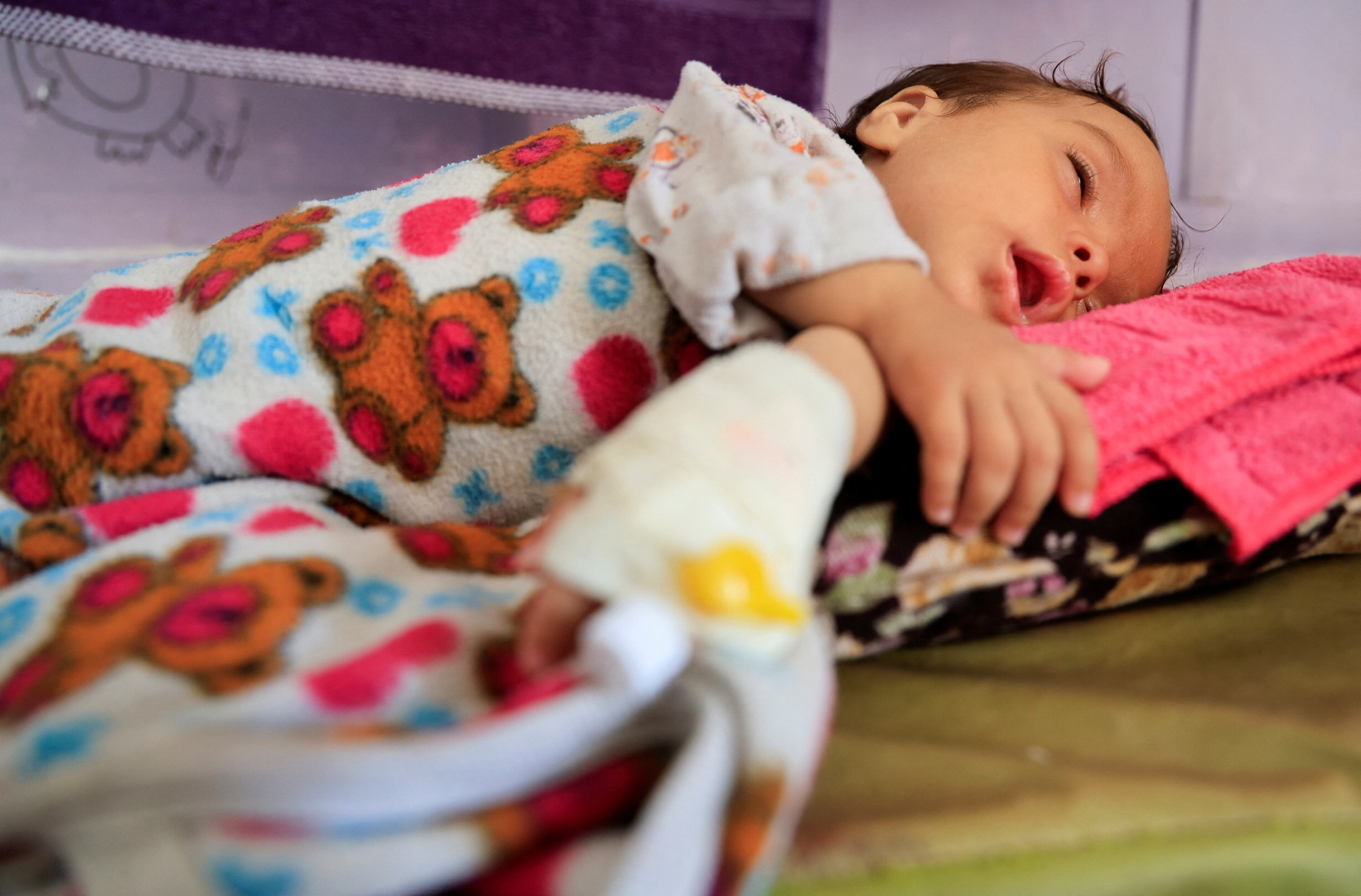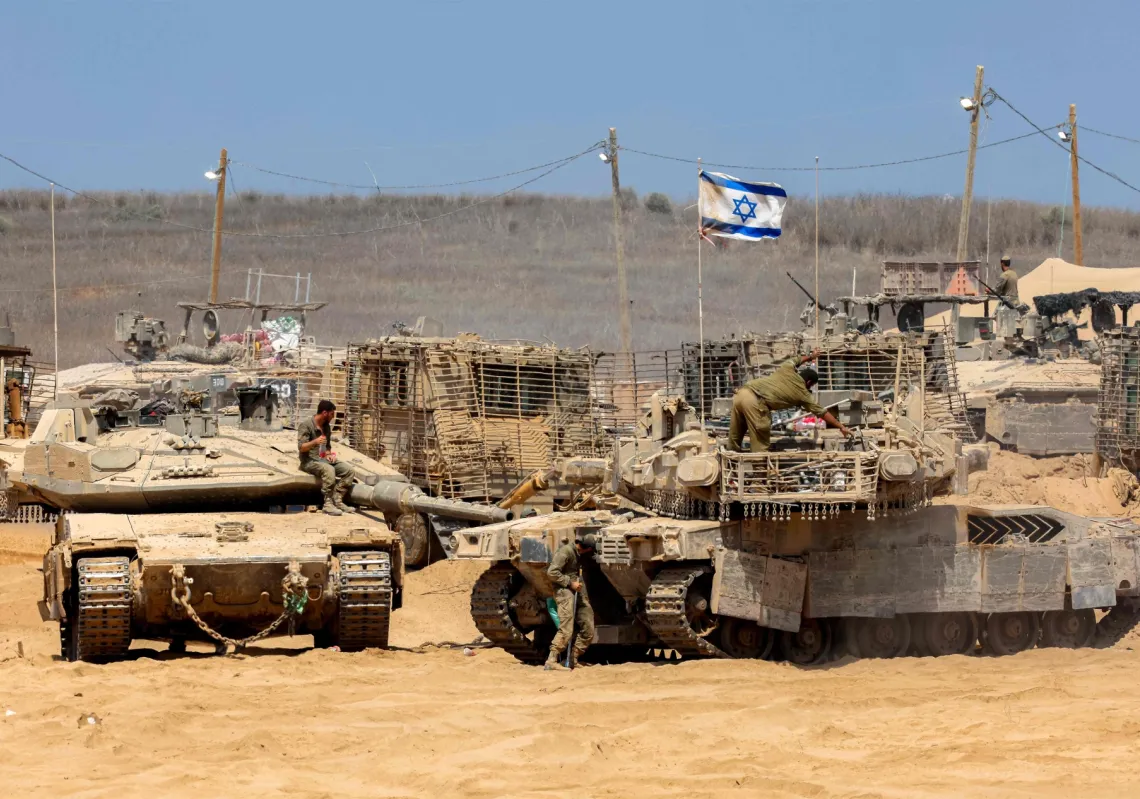Israeli Prime Minister Benjamin Netanyahu’s war on Gaza stands as a grim testament to the calculated cruelty of his government, with starvation not as an unfortunate consequence of his unwinnable war, but as a deliberate tactic to break the will of the Palestinians in the Strip.
For nearly two years, Israel’s war of destruction has turned cities into cages in a slice of land measuring just 41km by 10km. Netanyahu’s strategy quickly evolved far beyond conventional warfare. With almost three quarters of buildings in the Strip now destroyed or damaged, and at least 60,000 dead, Israel’s insidious siege tactics have hardened into weapons of war, keeping Gazans trapped behind invisible walls, cut off from food and medicine.
These sieges were meticulously orchestrated, with checkpoints manned by Israeli soldiers controlling every inch of supply. As food stocks dwindle and malnutrition spreads, starving civilians bear the brunt of this cruel calculus: force the surrender of Hamas, or face a slow death. Starvation is not collateral damage. It is a policy.
Armageddon endgame
Even Netanyahu’s predecessors have been vocal in their condemnation. Former Israeli prime minister Ehud Olmert likened the so-called ‘humanitarian cities’ in Gaza envisaged by Israel’s defence minister to “concentration camps”, adding that forcing Palestinians inside would amount to ethnic cleansing.
“What (Israel’s Minister for National Security Itamar) Ben Gvir and (Israel’s Finance Minister Bezalel) Smotritch have in mind is Armageddon,” he said last year, speaking to Al Majalla. “We need to know what the endgame is for this war and what the vision is that Israel may have about the future.”

Scenes of starvation have led to international public opinion shifting profoundly against Israel in recent days, but so too has the mood among some Israelis, where footage and images from Gaza are significantly limited in Israeli media (and sometimes disbelieved when they are broadcast). Some Israeli public figures have come out against the brutality of siege warfare, starvation, the bombing of hospitals, and the forced displacement of hundreds of thousands of Gazans.
Outpouring of criticism
In a letter to The Guardian on 29 July, high-profile Israeli public figures—including academics, artists, and intellectuals—called for “crippling sanctions” to be imposed on Israel by the international community until it ends its brutality. The signatories include an Academy Award winner, a former Israeli attorney-general, a former speaker of Israel’s parliament, a former head of the Jewish Agency, and several winners of the prestigious Israel Prize.












